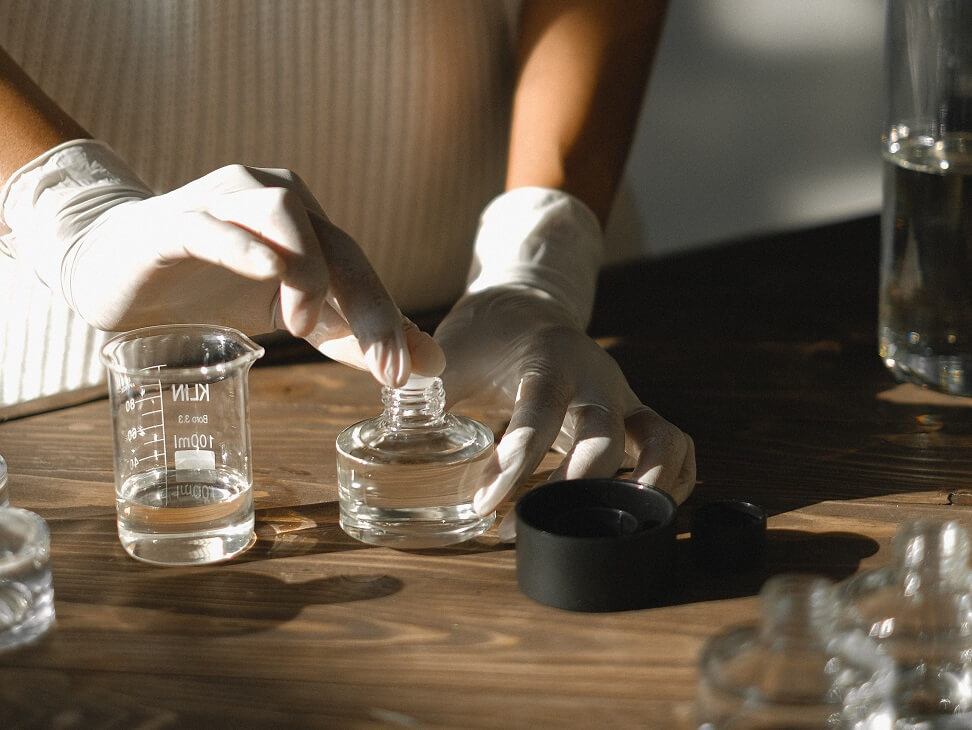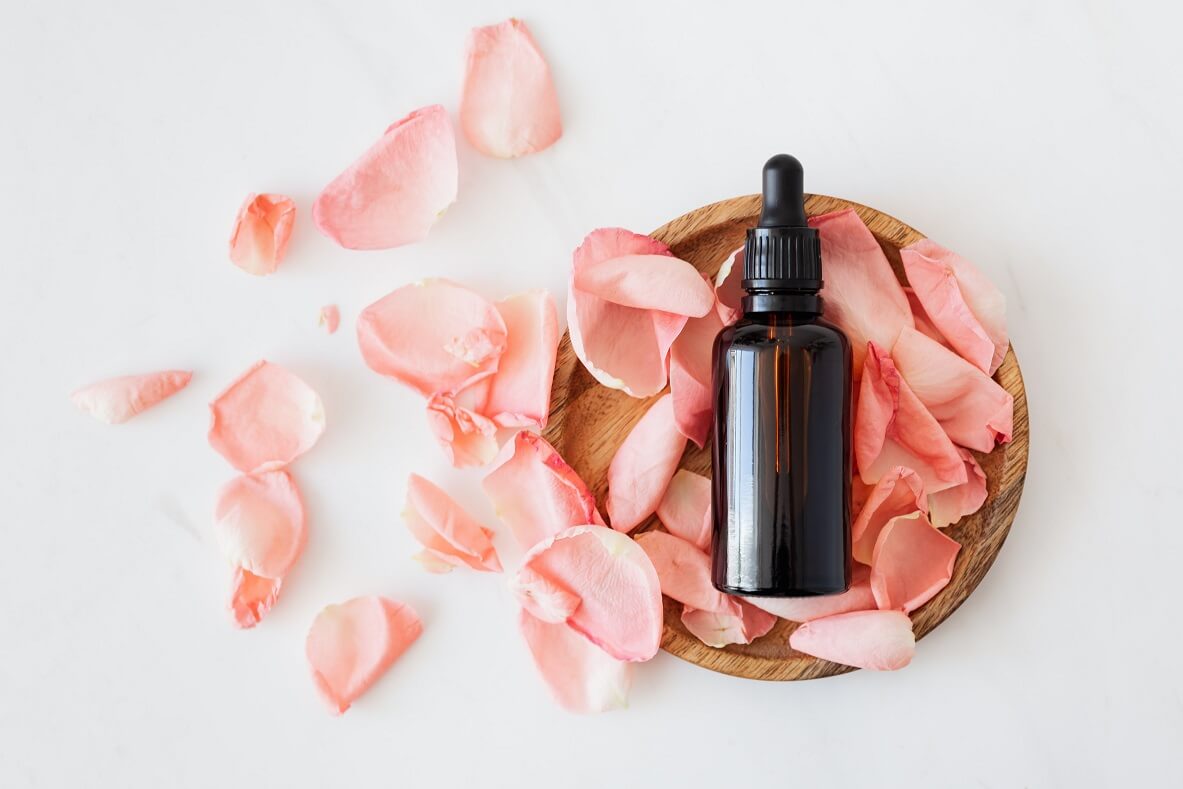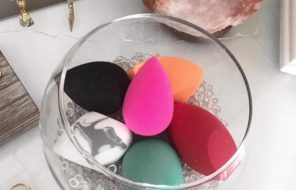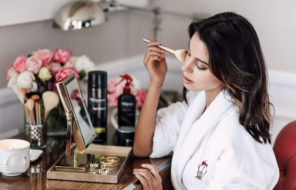A signature scent can be an elegant way to make a statement or a sensory treat to lift your mood. If you can’t get a particular fragrance out of your head but haven’t found the perfect match in a bottle (or you just want total control over your ingredients), making your own perfume oil can be a way to create your new one-of-a-kind favorite scent.
You don’t need to be a master perfumer to formulate a beautiful scent. A few basic principles and an easy-to-follow recipe can have you bottling your new personalized perfume in no time.
Why make perfume at home?
There are a few reasons to try your hand at making a signature scent yourself. Perfumes don’t always share the exact details of their ingredients and formulation. Making your own perfume can be a good way to know exactly what’s in your fragrance. You may also be able to make your own fragrance at a lower cost than buying a luxury perfume.
Finally, creating your own perfume gives you total customization ability. If you love a less-common pairing (lavender lime sounds so soothing and fresh), creating a DIY perfume gives you the power to balance fragrance notes exactly to your taste.
Ingredients you’ll need
Essential oils (often found in all-natural candles) are super concentrated, so you’ll need a neutral carrier oil. Jojoba or almond oil are popular choices that can even have nourishing properties to leave your skin feeling silky and hydrated. As for the essential oils for the fragrance itself, you’ll probably want options in a few scent categories:
- Head or top notes. Many perfumes open with a top note, meaning a fragrance that’s the strongest initial burst but fades quickly. Fresh, citrusy, or herbal aromas like lemon, bergamot, basil, or lavender, can make beautiful top notes because they have a bright, uplifting quality but fade before they become overpowering.
- Heart notes. The middle notes of a perfume define its category or personality. You want scents that are well-rounded and enjoyable to smell for more extended periods of time as the fragrance unfolds. Lush florals (e.g., jasmine, iris, rose) and juicy fruits often make excellent heart notes. You can also layer more complexity by infusing your heart mixture with a few drops of herbal or spice notes (e.g., lavender, cinnamon, cardamom).
- Base notes. The base of your perfume will also add depth and complexity to the heart mixture. These notes tend to last the longest, providing the “dry-down” scent traces that can linger for hours after application. Woodsy scents (e.g., cedar, sandalwood), amber, or musk (e.g., animal-based scents, vetiver) add richness and body to heart notes. A sweet, mellow scent like vanilla can also be pleasant in the base of a perfume.
How to make your own perfume

Essential oils are natural, but that doesn’t mean they’re harmless. The strong concentration can cause skin irritation, so diluting it properly and following the recipe is important.
- Prepare your work area. Start with a clear work surface and have all ingredients at hand. You may prefer to wear gloves to avoid contact with potentially irritating.
- Follow the 80/20 rule. The essential oils you choose should comprise of no more than 20% of your perfume’s total composition. For a 5-milliliter batch of perfume, that means starting with 80 drops of the carrier oil.
- Add up to 10 drops in total of base notes. If you’re using multiple base notes (e.g., cedar and musk), write down how many drops you include of each.
- Add up to five drops each for heart and head notes. Similarly, take notes of the split between multiple heart and head notes if you choose to combine fragrances.
- Blend the scent. The easiest way to do this is to cap your bottle securely and vigorously shake it to help the oils blend.
How to store homemade perfume oils
Sunlight and temperature can have an effect on your perfume. To preserve the quality of your fragrance, keep it in a darker-toned bottle and store it in a cool, dry place. Keep it out of the bathroom since there’s so much humidity there.
Generally speaking, many essential oils should keep well for two to five years when stored properly. That said, all perfumes have a limited life span, just like skincare doesn’t last forever, and yours depends on the particular ingredients you use and their chemical composition. You aren’t adding preservatives when you make your own natural perfume oil, and this may mean your scent won’t stay as stable as the store-bought bottle you’ve been using for special occasions for years and years.
Before spraying or dabbing on yourself, give your homemade perfume oil a good shake to reblend any oils that may have started to separate. If it’s been a while, give it a test sniff or sample it on a piece of white paper. Homemade perfume oils may naturally darken over time, but the scent should stay the same. New sour or metallic notes can be signs that the essential oils are breaking down (and, if you loved the smell, it’s time to make a new batch).





